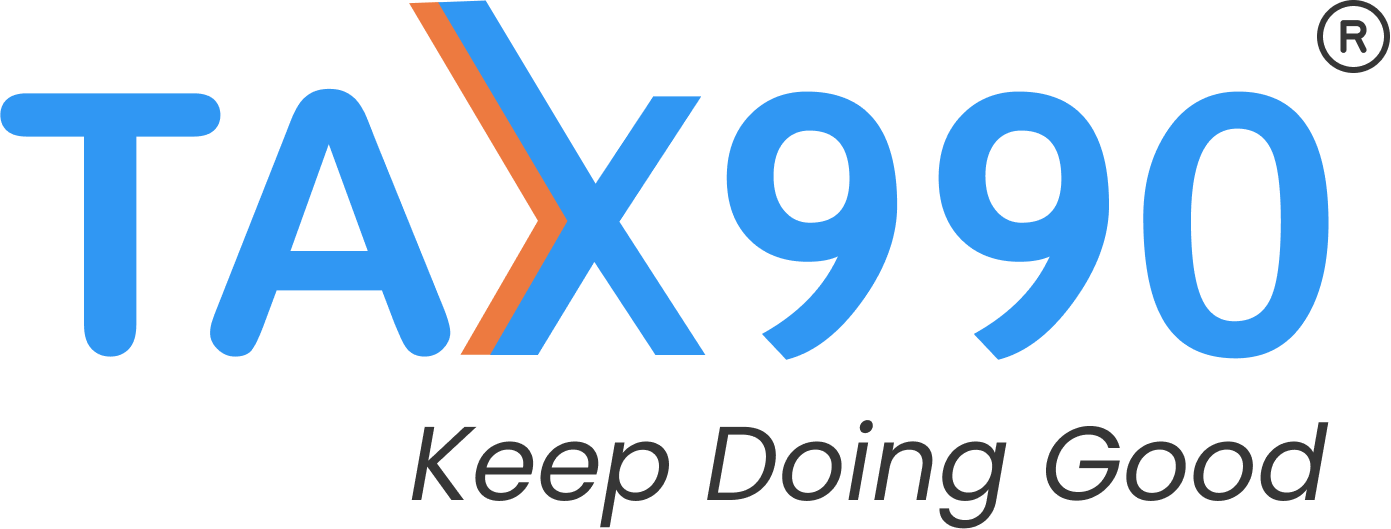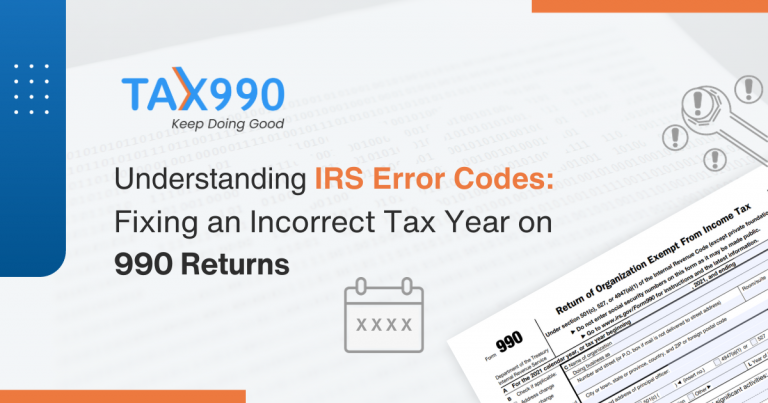Estimated reading time: 23 minute(s)

Is your organization classified as a Private Foundation? It’s important to recognize the distinction between a public charity and a private foundation.
Let’s delve into why your organization might fall under the category of a Private Foundation rather than a Public Charity. We’ll also explore how the IRS treats private foundations and examine the filing requirements they must adhere to.
Public Charities vs. Private Foundations: Key Differences
The main distinction between public charities and private foundations lies in their sources of funding. Public charities receive contributions primarily from the public, while private foundations rely on the majority of their contributions from a single private source. Public charities choose the annual form to file based on their financial status throughout the tax year, whereas private foundations must file Form 990-PF regardless of their financial status throughout the tax year.
Specific IRS Requirements for Private Foundations
Private foundations are organizations that are formed in order to further their exempt purpose and receive the majority of their support from a single major source such as an individual, family, or group. Generally, private foundations primarily make donations to other charitable organizations and individuals rather than directly participating in charitable activities.
The IRS has established certain requirements and restrictions on private foundations:
- Self-dealing between private foundations and their substantial contributors and other disqualified persons is strictly prohibited.
- A private foundation must distribute the income annually for charitable purposes and the expenses must further exempt purposes
- Holdings in private businesses are limited
- The investments must not jeopardize the conduct of exempt purposes
IRS 990 Filing Requirements Based on Classification
If you are a public charity and you filed a 990-PF, the return will be rejected. And vice versa, if you are a private foundation and you file a form other than the 990-PF, your return will be rejected.
Organizations that need to obtain 501(c)(3) private foundation status must file Form 1023, Application for Recognition of Exemption Under Section 501(c)(3) of the Internal Revenue Code. If the organization’s gross receipts are less than $5,000, they can choose to file Form 1023-EZ, based on their answers on the eligibility worksheet.
Any organizations that obtain 501(c)(3) tax-exempt status are automatically classified as Private Foundations unless they meet any of the criteria of Public Charities or voluntarily apply for public charity status on Form 1023, Part X. You can apply for 501(c)(3) Private Foundation Status by registering for an account on Pay.gov and completing the 1023 form. You will receive a determination letter in the mail from the IRS once the status is approved.
As mentioned, Organizations that obtained 501(c)(3) tax-exempt status and are classified as Private Foundations must file Form 990-PF, Return of Private Foundation, annually to report their foundation’s revenue, expenses, assets, liabilities, compensation details, activities, etc. to the IRS. The 990-PF return is also used by 4947(a)(1) trusts treated as a private foundation.
IRS Classifications for Private Foundations
There are two different classifications of a Private Foundation. The Foundation will be classified by the IRS as either a Private Operating Foundation or a Private Non-Operating Foundation. Your IRS determination letter will clearly indicate whether your organization is considered an operating or non-operating private foundation. If the determination letter does not indicate that your organization is considered a non-operating private foundation, then it is considered an operating private foundation.
A private non-operating foundation is a foundation that grants money and distributes funds to other charitable organizations rather than working on their own. These foundations contribute money for charitable purposes and make up most of the private foundation community. They are also referred to as grant-making foundations by the IRS since these foundations are neither exempt operating foundations nor private operating foundations. They are eligible to conduct their charitable activities, award scholarships, and make grants to individuals, and international organizations that aren’t recognized as 501(c)(3) charities.
Private Operating Foundations are organizations that allocate the majority of their resources to carry out exempt activities. Private Operating Foundations qualify as Exempt Operating Foundations if they meet the following conditions, Received public support for at least 10 tax years or was a private operating foundation on January 1, 1983. Consists of fewer than 25% of disqualified individuals in its governing body at all times during the tax year, and are broadly representative of the general public.
If you are unsure whether your organization is an operating or non-operating private foundation, you can reference your determination letter, or contact the IRS.
Common 990 Schedules associated with Form 990-FP: Schedule B
Schedule B is often required on the 990-PF form to report contributions over $5000 from a single contributor. If you are not required to complete Schedule B, you can indicate this information on Page 1 of the 990-PF. You may not be required to complete Schedule B if you did not have a single contributor over $5000. If you have multiple contributors that gave amounts less than $5000, this would not need to be reported on Schedule B.
If you have multiple contributors who each gave $5000 or more, you can list each contributor individually on Form 990-PF Schedule-B. You will be asked to provide the contributor name, address, contribution amount, and contribution type whether cash, payroll, or noncash.
A cash contribution may be a check, physical money, or other direct monetary payments. Payroll contributions are a direct deduction from a contributor’s salary, and a noncash contribution could be in the form of an item, supplies, time, etc that is unable to be deposited into a bank account and has a $5000+ worth.
Additional filing requirements for Private Foundations: Form 990-T
Private foundations that generate $1000 or more from unrelated businesses may also be required to file Form 990-T. The 990-T is a separate form altogether and needs to be filed after the 990-PF form. You will be able to report the organization’s unrelated business income of $1000 or more on the 990-T and accompanying Form 990-T Schedule A
The Importance of IRS Compliance for Private Foundations
Every private foundation that files Form 990-PF is required to make its annual returns, including all schedules, statements, attachments, and amendments available for public inspection. If the organization files a 990-T return, it should also be made available for public inspection. Per IRS guidelines, in addition to the annually filed returns, a private foundation is also required to make documents proving the foundation’s exempt status and application available for public inspection. This can be done by posting information on a website that the organization managers. The organization should report the website URL on their annual 990-PF return.
Determining the 990-PF Deadline for Private Foundations
It is important that you maintain your organization’s compliance by filing the 990-PF return annually. The return deadline is based on the organization’s tax year. The deadline is the 15th day of the 5th month following the end of the organization’s tax year. If you do not file the return on time, or fail to file for 3 consecutive years the organization risks penalties or revocation of exempt status by the IRS.
If you have fees due to the IRS, you can choose to pay using one of the following methods:
- EFTPS – Electronic Federal Tax Payment System
- EFW. – Electronic Funds Withdrawal
When you make a selection on how you intend to pay the IRS, you will be responsible for following through with processing the payment via the chosen payment method.
You can find out more about the IRS payment options, here.
Simplified 990-PF E-filing with Tax990
Tax990 is here to help your private foundation remain compliant with the IRS! Our e-filing solution is advanced, affordable, and efficient. We offer features that save you time and ensure you file an accurate tax return. All the 990 Schedules can be completed and attached to the 990-PF for free. We also support Form 990-T for unrelated business income (UBI) if you need to file this form as well.
Tax990 gives you the ability to collaborate with your team to file by accessing a single, secure account. You can also share returns with your key officials and board members using our ‘Reviewers and Approvers’ feature.
Ready to start your streamlined filing journey with Tax990?
Create a free account today to start the process!




